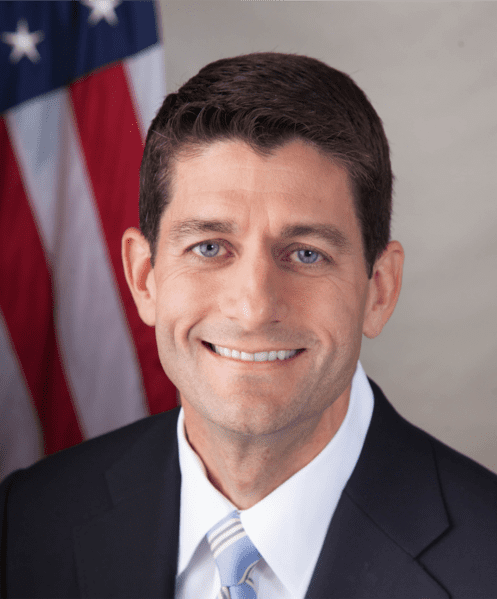6/18/2015
The House of Representatives will vote Thursday to repeal two controversial provisions to the Affordable Care Act (ACA), better known as Obamacare. Amidst a considerable degree of bipartisan support, Ways and Means Committee chairman, Paul Ryan (R-WI) successfully advanced measures to a vote earlier this month to cut the unpopular 2.3 percent tax on medical devices as well as a measure that would repeal the law’s Independent Payment Advisory Board (IPAB), an appointed cost-cutting panel. With over 40 Democrats and nearly two-thirds of the House co-sponsoring the bill, the measures are nearly guaranteed to pass. The device tax, despised by Republicans, has also faced opposition from Representatives from states with a high concentration of device manufacturers like California, Minnesota, and New York, claiming that it inhibits innovation. The IPAB has also received its share of derision, being lambasted in the press, especially the Conservative press, for being unelected “death panels.”

Although Congress has tried unsuccessfully to repeal Obamacare in its entirety on dozens of attempts, this move appears to show that the Republican-led House has finally realized the futility of doing so and instead is attempting to modify the law in piece-mail fashion. Ryan, the former vice-presidential candidate whose tax-cutting philosophy has also been derided as “throw granny off the bridge,” was pleased, saying “I’m happy to say a lot of these bills have broad, bipartisan support. I’d like to think they’re just common sense.” California Democrat, Linda Sanchez, concurred with the brief interlude of warm feelings saying, “I want to thank the chairman for finally agreeing to tweak and not repeal the Affordable Care Act.”Even Massachusetts Democrat and progressive, Elizabeth Warren, noted how the tax affected innovation in her state. Hundreds of industry groups have lobbied against the device tax which began in 2013, and according to Forbes, led to over 330,000 job cuts in the industry for that year. An editorial in today’s New York Times, however, argues that those claims are largely exaggerated, and that the industry is in the midst of a boom even with the tax. Although the movement against the IPAB has less Democratic support than the device tax with only 20 co-sponsors, they note that it is virtually irrelevant, as the board does not officially exist yet.
Despite some bipartisan agreement to repeal these measures, there are still many vocal objectors within the Democratic Party. Michigan Democrat Sandy Levin believes the IPAB bill is petty, and that “clearly this bill reflects the majority’s objective to unravel the [ACA].” As Ryan is known throughout the House as someone who bemoans the cost of healthcare, California Representative, Xavier Becerra called Ryan out saying, “Money doesn’t grow on trees. Just about every member would say, ‘Let’s go forward and undo the tax,’ if, as some of the members on this side have said, we come up with a pay-for.” Becerra noted that Ryan has not come up with a plan to offset the estimated $26 billion lost from the tax, although according to Forbes, the tax has come short 25 percent of its expected revenues to date. President Obama has indicated that he would veto any bill regarding the measures if it reached the White House, the question remains whether or not his own party leaders can talk him out of it. It is likely a close call and will depend on what kind of traction the bill receives publicly and around Washington if it passes as expected. All of these measures could be deemed irrelevant, however, as all sides eagerly await the Supreme Court’s decision on King vs. Burwell. Regardless of which way the court rules, it is apparent that the assault on Obamacare is not ending anytime soon.
Sources:
Forbes – Sally Pipes
National Journal – Caitlin Owens
New York Times – Editorial
The Hill – Peter Sullivan


Join the conversation!